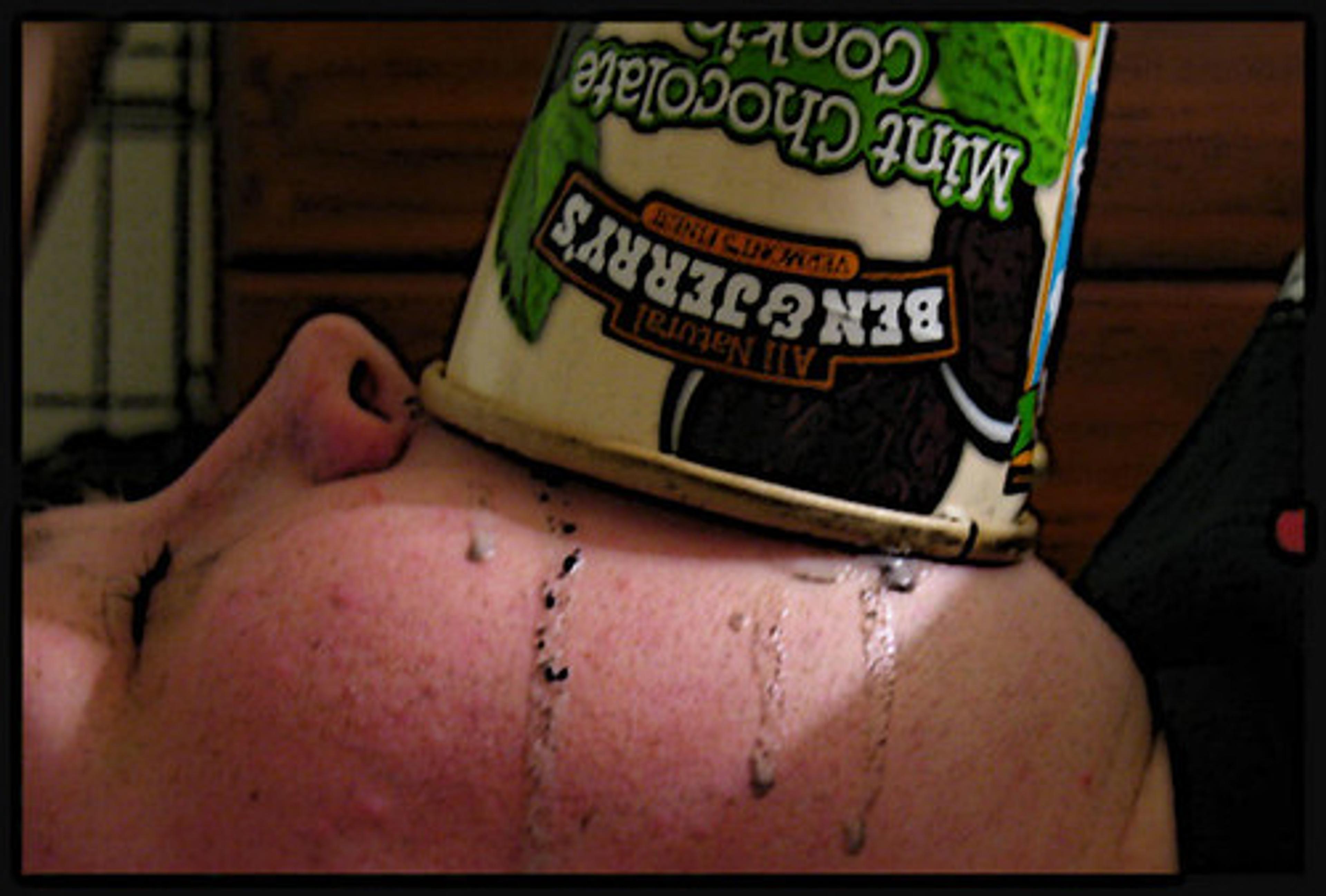#WellnessWeds: How to Relieve Your Work Stress Without Overeating
Jodi Davis
| 5 min read

It’s hardly news to anyone that work can create stress and that stress and weight gain are connected. Some days work isn’t so stressful, other days it’s overwhelming. When those days do occur, how many times have you found yourself overeating?
You are not alone. We’ve all been there a time or two, yet we know that overeating is not a way to curb our stress; in fact, often it can create even more stress in the long run.
Eating As Distraction
When we’re stressed we eat in order to distract ourselves so we can momentarily forget about the real issues. We want pleasure and comfort … and we want it now. Food is readily available. So we eat. We know that it’s only a temporary solution and that overeating can bring on more problems but we don’t care at the time. It’s almost as though we go into an escape mode, and food is the vehicle to get us there. The thoughts and worries of work just seem to go away while you’re eating, but once you’re finished reality strikes and you’re right back where you were before — only now you feel guilty and ashamed that you overate, adding to the original stress level that you were trying to fix. The pleasure and comfort you were looking for from food left as fast as it arrived.
Now what? How do you curb that stress and your cravings for food when these times occur?
You can remind yourself of these problems that occur when you want to use food as your stress relief:
- It can slow your metabolism, making it nearly impossible to lose weight.
- You will most likely experience mood swings and fatigue.
- You will store larger amounts of fat in your body.
- You will increase your cravings for junk food.
- You will take in more calories than you burn.
- Most often you will reach for processed food.
I don’t know about you, but I don’t want any of the above things to happen to me! What I do want is to help you find a way to curb your stress level when you become overwhelmed by stress at work.
Been There
Now remember that I’m not an expert on stress by any means, but I sure know what it’s like to have it, especially at work. Years ago, I worked in a collection agency and dealt with all kinds of people. After a few hours of trying to assist those who needed help (along with those who cursed me out for trying), I couldn’t wait to get off that phone and take myself right to the break room to press those vending machine buttons so I could eat and focus on something other than my job. Once I consumed a bag or two of goodies and a cappuccino loaded with calories, I felt awful. Sure, the pleasure and comfort was there for about six minutes. But then reality set back in. I knew I had just consumed calories equivalent to a big meal. More stress. Ugh. Now my stress level was twice as high as it was before my break.
Now I know that food is not the answer for curbing my stress levels; yet I also know that it is close to impossible for me to completely stay away from it. I’m not going to not eat anything, so I had to learn what to eat during these stressful times.
My Tips
Some people will tell you not to eat anything at all … to just avoid food altogether. But inform me that I cannot eat anything and I’ll only want to more (sad but true). My solution for work and at home is to have a “Stress Relief Cupboard.” It’s filled with items that are OK to eat (some that actually relieve stress) such as almonds, soy nuts, dried fruit, low-fat pretzels, low-fat microwave popcorn, and pistachios in the shell (cracking them takes time and relieves stress, too). The microwave popcorn works the best for me because I can eat a few big handfuls and I don’t feel guilty afterwards. I just bet if you label a “Stress Relief Cupboard” at work, it will become a big hit and coworkers will gladly contribute to its contents.
As far as beverages go, stay away from any and all sugary substances which are loaded with calories. My “Stress Relief Cupboard” consists of numerous boxes of tea bags (no other beverages in that cupboard except bottled water, sorry!). I buy all kinds of flavored tea and try a new one each day. Add a touch of honey or lemon and savor the flavor. Tea has amazing health benefits and some — such as mint, chamomile and ginseng — are known to significantly reduce stress.
Walking also works wonders for relieving stress, especially if you take your walk outdoors. I don’t care if it is only to your car or the mailbox, take a walk and think of something other than food. Focus on the sounds of the birds, enjoy the fresh air, or simply count your steps. Aim for taking more steps each day and focus on that goal instead.
And lastly, close your eyes and think of positive thoughts. Meditate if possible. It’s been proven that the more you practice meditation, the more stress-reduction benefits you’ll receive. It’s funny that when I did this during my weight-loss period, my thoughts took me to the beach and I imagined what I was going to look like in a swimsuit after I hit my goal weight. That thought by itself curbed any overeating and kept my stress level under control.
Do you have any advice for reducing workplace stress? What have you done to get positive results?
Photo by Phoney Nickle





